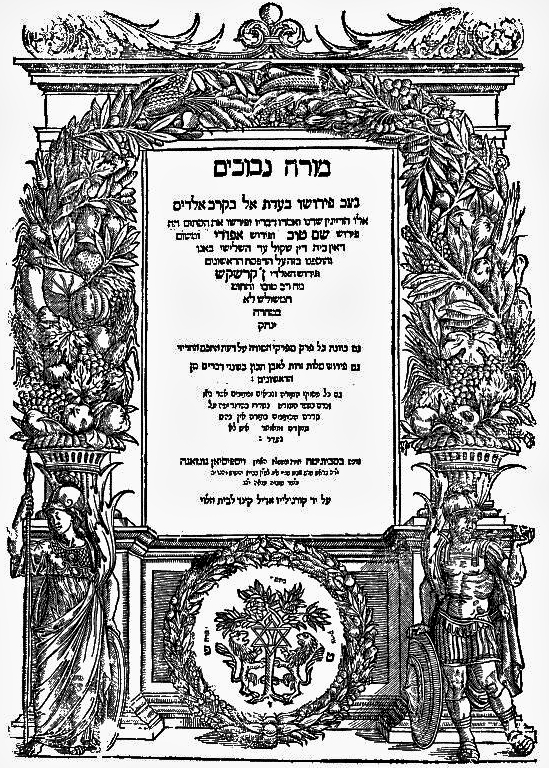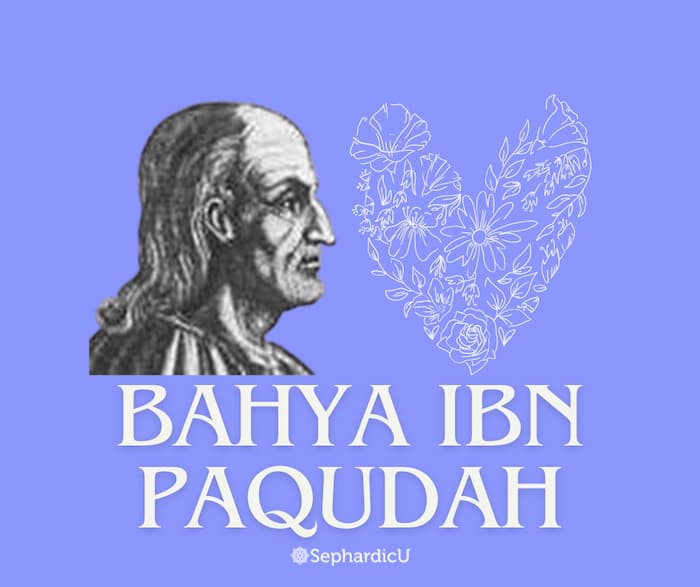Introduction
Bahya ibn Paquda, also known as Bachya ben Joseph ibn Pakuda, stands as a towering figure in Jewish philosophy and piety. Born in Zaragoza, Al-Andalus, around 1050, his magnum opus “Hovot HaLevavot” (Duties of the Heart) remains a cornerstone of Jewish ethical literature, offering profound insights into the cultivation of spiritual virtues.
| Points | Details |
|---|---|
| AKA | Bachya ben Joseph ibn Pakuda |
| Born | Circa 1050 |
| Place of Birth | Zaragoza, Al-Andalus |
| Died | Circa 1120 |
| Place of Death | Unknown |
| Occupation(s) | Philosopher, Rabbi |
| Notable Works | “Hovot HaLevavot” (Duties of the Heart) |
Early Life and Education
Little is known about Bahya ibn Paquda’s early life, but it is evident that he received a comprehensive education in Jewish religious texts and philosophy. Growing up in Al-Andalus, he was exposed to the rich intellectual and cultural environment of medieval Spain, where Jewish, Islamic, and Christian traditions intersected.
Rise to Prominence
Bahya ibn Paquda’s reputation as a scholar and philosopher flourished, earning him widespread recognition throughout the Sephardic world. His profound understanding of Jewish ethics and spirituality attracted disciples and admirers, solidifying his status as a preeminent authority on matters of the heart and soul.
Notable Works
The crowning achievement of Bahya ibn Paquda’s literary career is undoubtedly “Hovot HaLevavot” (Duties of the Heart). This seminal work explores the inner dimensions of Jewish piety, providing practical guidance on cultivating virtues such as faith, repentance, gratitude, and humility. Divided into ten sections, “Hovot HaLevavot” delves into the depths of the human soul, offering profound insights into the spiritual journey towards God.

Influence and Legacy
Bahya ibn Paquda’s “Hovot HaLevavot” has had a profound and enduring impact on Jewish spirituality and ethical thought. Revered for its eloquence, wisdom, and practical guidance, this work continues to inspire readers across generations, transcending cultural and religious boundaries. Bahya’s emphasis on the inner dimensions of religious practice and the cultivation of moral virtues remains as relevant today as it was in medieval Al-Andalus.
Commemoration
In recognition of his profound influence on Jewish thought, numerous yeshivot and institutions bear the name of Bahya ibn Paquda. His legacy is also commemorated through lectures, seminars, and academic publications dedicated to exploring the teachings of “Hovot HaLevavot” and their relevance to contemporary life.
Conclusion
In conclusion, Bahya ibn Paquda’s legacy as a philosopher of piety continues to resonate with seekers of wisdom and truth. His timeless insights into the human condition and the pursuit of spiritual perfection offer a beacon of light in an ever-changing world. As we reflect on his life and teachings, let us strive to embody the virtues of faith, humility, and gratitude, as outlined in his seminal work, “Hovot HaLevavot.”
Sources
- “Jewish Virtual Library”: Jewish Virtual Library
- “Encyclopedia Judaica”: Encyclopedia Judaica
- “The Responsibilities of the Heart” by Bahya ibn Paquda: The Responsibilities of the Heart
- “The Routledge Dictionary of Judaism”: The Routledge Dictionary of Judaism
- “Medieval Jewish Civilization: An Encyclopedia”: Medieval Jewish Civilization: An Encyclopedia








Ohr HaChaim Yomi – Emor